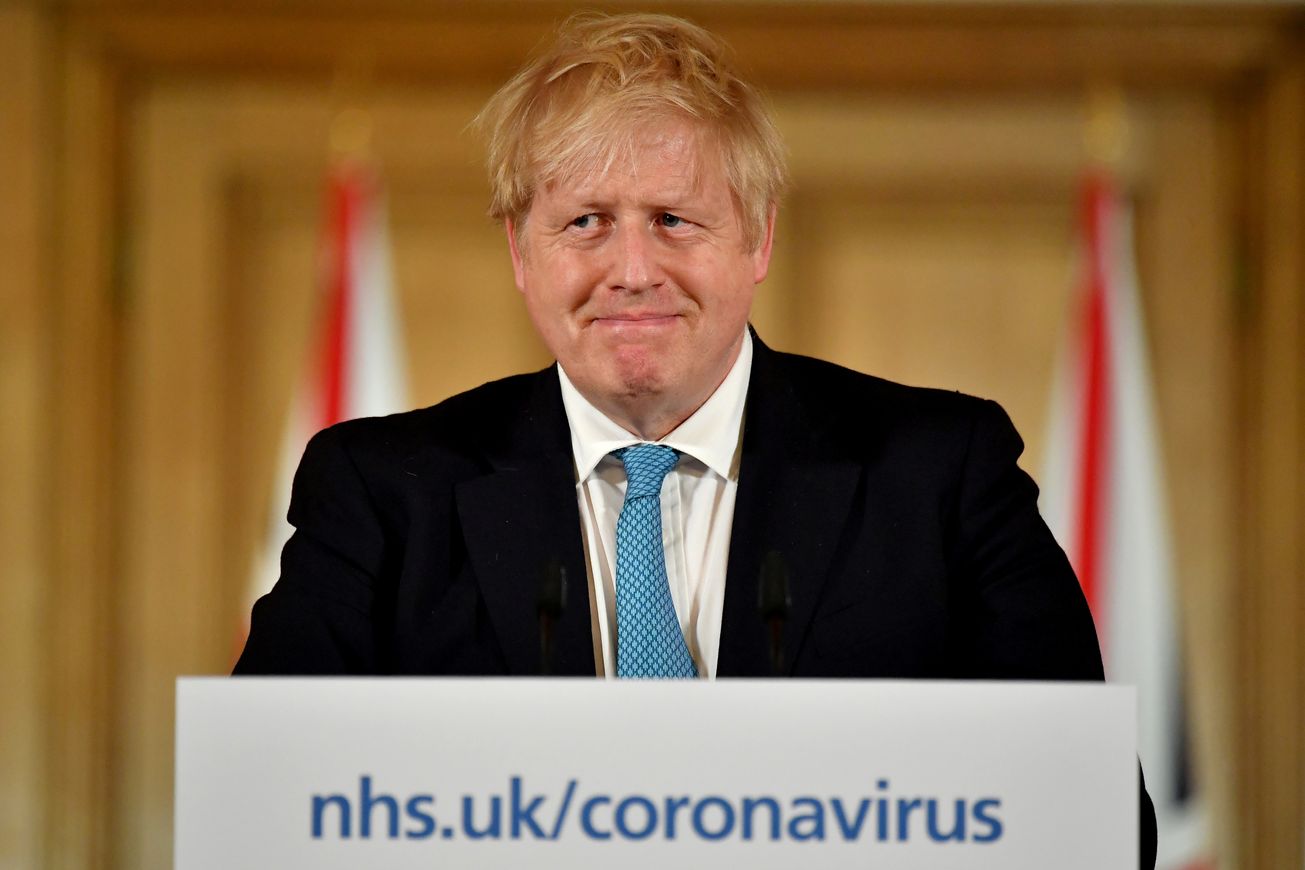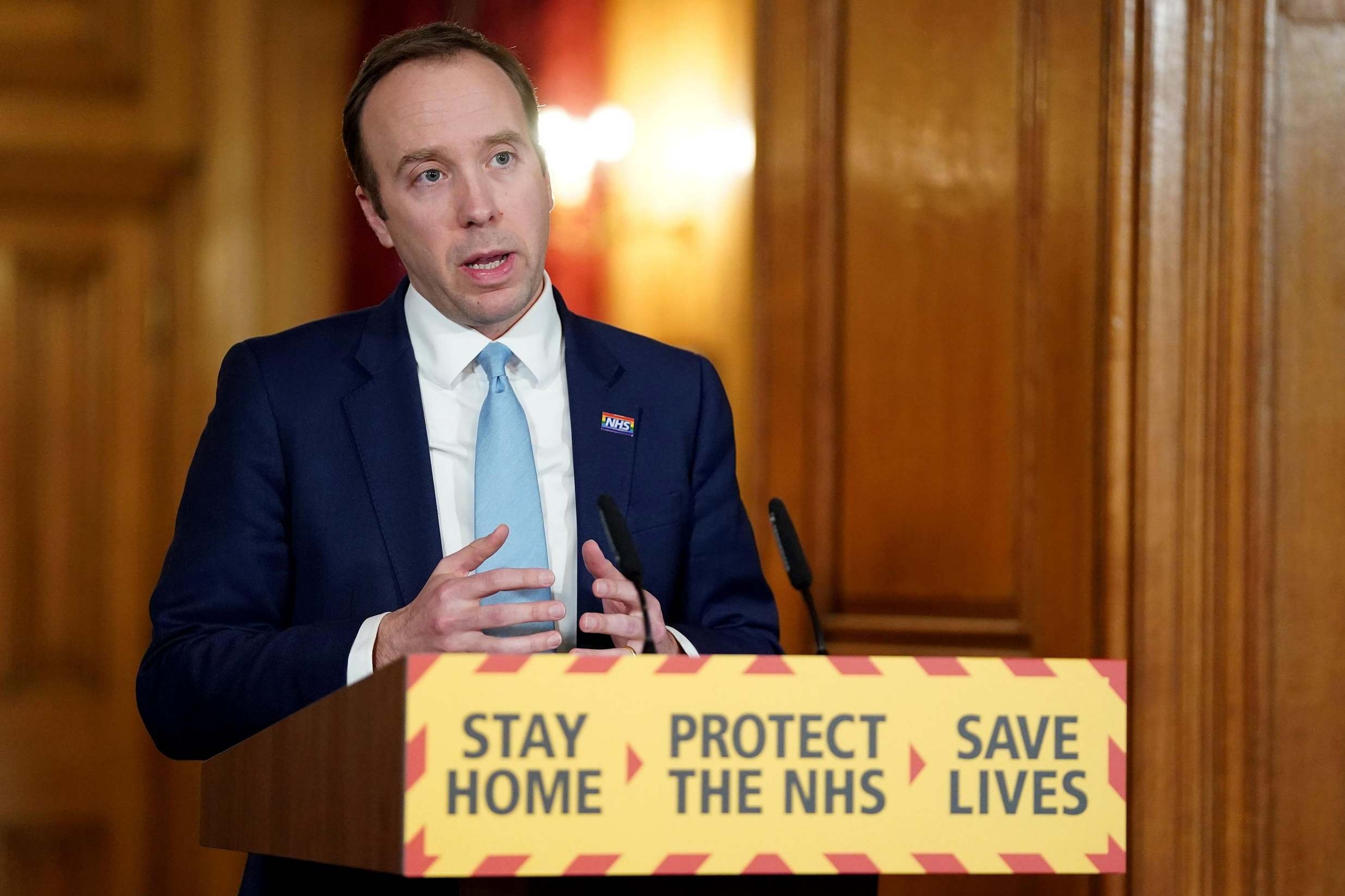
One of the astounding statistics to emerge from the escalating coronavirus pandemic is the considerably lower death rate in Germany compared with other countries.
As of March 26, Germany had recorded more than 35,000 Covid-19 cases, and just 181 deaths, putting the fatality rate at approximately 0.4 percent. This compares to Italy, where the death rate is 9 percent, and the UK, which on March 26 had recorded 8,328 confirmed cases and a fatality figure of 4.6 percent.
The reason for Italy’s high fatality rate and German’s comparatively low number of coronavirus-related deaths has been the subject of much speculation and debate. One theory is that in terms of the median age of the population, Italy is the second oldest country in the world and the oldest nation in the EU, with a median age of 46.3 years.
But Germany is close behind it, with the second oldest median age in the EU, at exactly 46 years. Since both countries have the oldest populations in the EU, their gapingly different death rates due to Covid-19 have been associated with the quality of the nations’ healthcare systems and how medical facilities have coped with the pandemic.
The World Health Organisation’s emergency coordinator, Michael Ryan, affirmed that the better prepared hospitals are for pandemics and health emergencies, the more lives can be saved.
"When hospitals are overwhelmed by the number of patients, it's a simple question of how far adequate care can be provided and whether you can respond to any change in the patient's condition in the intensive care unit,” said Ryan.
Richard Pebody, an expert with WHO, described three crucial factors in responding to this emergency: the number of intensive care beds, well-trained staff in intensive care units, and sufficient protective clothing.
According to Italian authorities, Italy had 5,000 intensive care beds before the pandemic to accommodate a population of around 60 million people. More beds have since been added.
The UK’s National Health Service meanwhile had 4,100 intensive care beds, with a population of around 66 million.
Within the EU, Germany is the top healthcare spender. In 2015, Germany allocated 11.1 percent of its GDP to its healthcare system, well above the EU average of 9.9 percent. In the same year, when then-Prime Minister David Cameron pledged another round of austerity cuts, the UK’s spending on healthcare was 9.8 percent, just below the EU average.
Austerity costs lives
Since 2010, when a Conservative/Liberal coalition formed in Britain and announced a £40 billion austerity budget, the number of people waiting longer than four hours in Accident & Emergency (has soared.
In 2016-17, 2.5 million people waited in A&E for more than four hours. This compared to just over 350,000 in 2009-10.
The Conservative government’s relentless austerity measures continue to come at the expense of the NHS. For much of the past decade, NHS staff pay increases have been capped at just 1 percent, meaning many suffered a pay cut in real terms.
Alongside those pay cuts, NHS staff have endured cuts to training and changes to pensions, while patient demand has been rising. In 2019, the Royal College of Nursing’s acting chief executive, Dame Donna Kinnair, said the NHS was losing thousands of dedicated staff because chronic staff shortages meant care was being compromised.
As Tory austerity continues to overwhelm the NHS, saving the UK’s crumbling health service has been a primary focus of activists and political opposition.
In 2018, tens of thousands of protestors gathered in London to protest the government’s crippling cuts to the NHS. The demonstration was organised by the People’s Assembly and Health Campaigns Together and came in response to what was then touted as the “worst winter on record for the NHS.”
In early March 2020, Britain’s recently formed Tory government delivered its first budget. The new chancellor, Rishi Sunak, pledged billions of pounds to soften Covid-19's impact. In response to the March Budget, Labour leader Jeremy Corbyn condemned the move as “too little too late” to make up for 10 years of budget cuts.
Corbyn also claimed the budget was an acknowledgement by the Tories that austerity had failed.
In 1948, when the NHS was founded, the then-health secretary, Aneurin Bevan, proudly boasted that the NHS would become “the envy of the world.” At the time, Bevan’s claim held sizeable weight, with few other nations having any kind of functioning healthcare in place, let alone one that was universal and free.
Today’s NHS tells a different story
Now, the UK’s overstretched health service is resorting to desperate measures to accommodate for the influx of sick patients as the coronavirus pandemic intensifies. Millions of planned operations are being postponed, patients are being urgently discharged and tens of thousands of retired medics are being asked to return to the NHS to help tackle the coronavirus outbreak.
The government’s latest move to help the NHS cope with the crisis was calling upon volunteers to work at the NHS to help the vulnerable. More than half a million people signed up to the volunteer scheme in less than two days.
On the evening of March 26, millions of Britons took part in a “Clap for Carers” tribute, a mark of thanks and respect for frontline NHS and care workers dealing with the Covid-19 pandemic. As posts of the emotional tribute flooded social media, people also left angry reminders of the time in 2017, following the Grenfell fire disaster in London, when Tories cheered in the House of Commons after defeating Labour’s motion to give the NHS and emergency service workers a long-overdue pay rise.
While no one predicted that a deadly virus would ravish the world in 2020, taking thousands of lives and upending life across the planet, the Covid-19 crisis underlines one basic fact: healthcare can’t be economised.


















